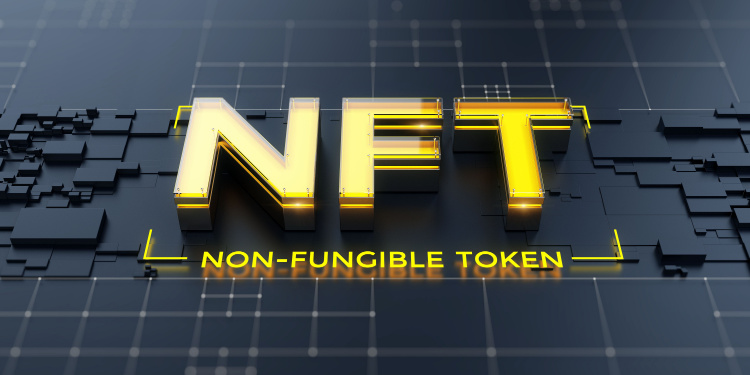The crypto winter and FTX collapsing might have impacted NFTs (nonfungible tokens) as trading volumes went down by 98%. And in the FTX debacle, the space that once burgeoned might seem like it’s heading toward an end. Despite this, the industry’s executives are still optimistic.
Users have been trying a withdrawal roundabout considering the user funds amount that FTX has stuck and the exchange’s liquidity crisis. An alleged method of withdrawing the balance from FTX is buying NFTs that run in the Bahamas. However, some voices said this wouldn’t be legal and tried to paint a negative picture for NFTs.
Oskar Franklin Tan, the NFT platform Enjin’s executive, thinks this summary needs to be fairer. He mentioned that other items could be helpful, just like NFTs are. He added that the Bahamas loophole at FTX had nothing to do with the NFT technology used today.
Tan is also very optimistic about how the NFT space is surviving. The effects of the bear market and FTX going bankrupt are noticeable. However, the executive believes that the space should remain focused on how NFTs show that digital ownership is acceptable and that content creators need new funding models.
However, NFT projects should be helpful and try building communities for this to happen. Unrealistic roadmaps and short-term speculation might be misguiding, so NFTs should focus on long-term and sustainable value rather than anything else.
Various NFT players echoed the same sentiment. For example, Jamie Thomson, the CEO of Vulcan Forged, an NFT game, commented that NFTs proven to have utility in markets could survive. However, he added that speculative NFTs might not and that bragging rights are not sustainable.








